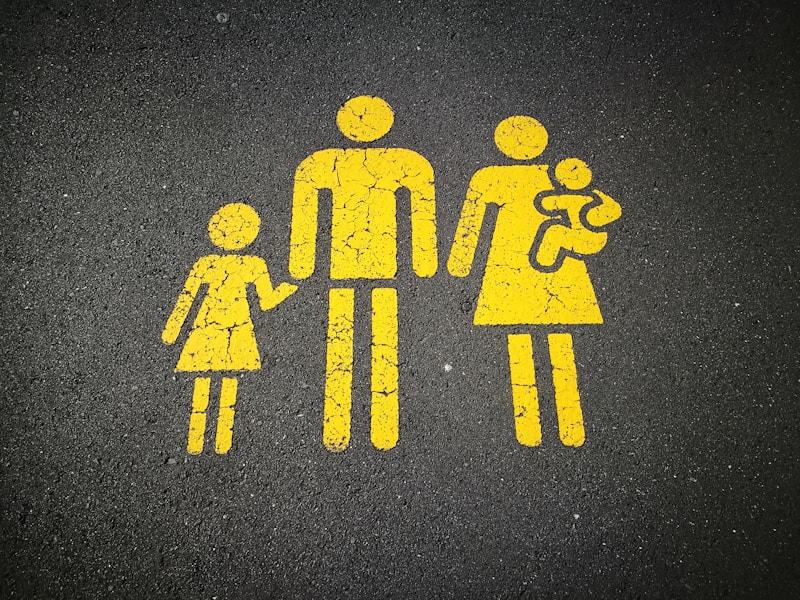Questions and Answers
What is the main focus of Economics?
Analyzing how society uses scarce resources to satisfy unlimited wants
Which topic does Political Science primarily study?
Political ideologies and government roles
What aspect of societies do Historians investigate?
Social forces that have shaped cultures throughout history
Which concept is associated with Sociology?
Signup and view all the answers
What does Land value taxation aim to address?
Signup and view all the answers
In Political Science, what do political scientists study when exploring public opinion?
Signup and view all the answers
What is the main focus of sociology as a field of study?
Signup and view all the answers
Which of the following topics would be least likely studied by sociologists?
Signup and view all the answers
How do sociologists define socialization in the context of their research?
Signup and view all the answers
What is the primary focus of economics as a social science discipline?
Signup and view all the answers
What sets political science apart from other social sciences like sociology and economics?
Signup and view all the answers
Which discipline among sociology, economics, political science, and history is most likely to study the distribution of wealth and resources in a society?
Signup and view all the answers
Study Notes
Exploring Social Science: A Journey through Sociology, Economics, Political Science, and History
Social science is a field of study that encompasses a variety of disciplines, all aiming to understand human behavior, interactions, and the systems that shape our world. This expansive area of investigation includes four major subfields: sociology, economics, political science, and history. Let's delve into each of these subdisciplines to see how they contribute to building a foundational understanding of human society.
Sociology
Sociology is the scientific study of social behavior, social interaction, and social organization. It explores the ways in which individuals form groups, communities, and complex societies, and the ways in which social forces shape individual behavior and societal outcomes. Sociologists investigate topics such as:
- Socialization and identity: How individuals learn and internalize social norms and expectations, leading to the development of a personal identity.
- Socialization and culture: How cultural values and beliefs shape social behavior and interactions.
- Socialization and socialization: The ways in which individuals are influenced by their social environment, including family, friends, and larger social structures.
- Social inequality and stratification: How social, economic, and political inequalities are distributed across society, and the consequences of these inequalities on social behavior and interactions.
Economics
Economics is the study of how individuals, businesses, and governments make decisions about the allocation of resources. It focuses on the ways in which society uses scarce resources to satisfy unlimited wants and needs, and the ways in which markets, governments, and other institutions shape these decisions. Economists investigate topics such as:
- Land value taxation and "rent" theory: The idea that the value of land and natural resources should be taxed by the government to redress income inequality.
- Public goods and market failure: The ways in which markets fail to provide goods and services that benefit society as a whole.
- Supply and demand: The basic economic model that explains the price and quantity of goods and services in the market.
- Human capital theory: The idea that education, training, and other forms of investment in oneself can increase one's earning power.
Political Science
Political science is the study of politics and government and their relationships with society. It explores the ways in which political institutions shape social behavior and outcomes, and the ways in which individuals and groups interact with political institutions to achieve their goals. Political scientists investigate topics such as:
- Political ideologies: The ways in which individuals and groups hold different beliefs about the proper role of government in society.
- Public opinion and political behavior: The ways in which individuals form opinions about politics, and the ways in which these opinions influence political behavior and outcomes.
- Comparative politics: The ways in which political institutions and political behavior differ across societies.
- International relations: The ways in which nations interact with one another and the ways in which global forces shape national and international politics.
History
History is the study of past events and their consequences. It explores the ways in which societies, cultures, and institutions have evolved over time, and the ways in which understanding these changes can help us to better understand the present and the future. Historians investigate topics such as:
- Economic history: The ways in which economic forces have shaped societies and cultures throughout history.
- Social history: The ways in which social forces have shaped societies and cultures throughout history.
- Political history: The ways in which political forces have shaped societies and cultures throughout history.
- Cultural history: The ways in which cultural forces have shaped societies and cultures throughout history.
These four subdisciplines of social science are interconnected in a complex and multifaceted web. Sociology, economics, political science, and history all contribute to our understanding of human behavior, interactions, and the systems that shape our world. By studying these subfields, we can deepen our appreciation for the complexity of human society, and better understand the challenges that we face as individuals, communities, and nations.
References: (No references provided in the given instructions.)
Studying That Suits You
Use AI to generate personalized quizzes and flashcards to suit your learning preferences.
Description
Delve into the subfields of sociology, economics, political science, and history to understand human behavior, interactions, and societal systems. Explore topics like socialization, supply and demand, political ideologies, and cultural history to gain insights into how these disciplines shape our world.




